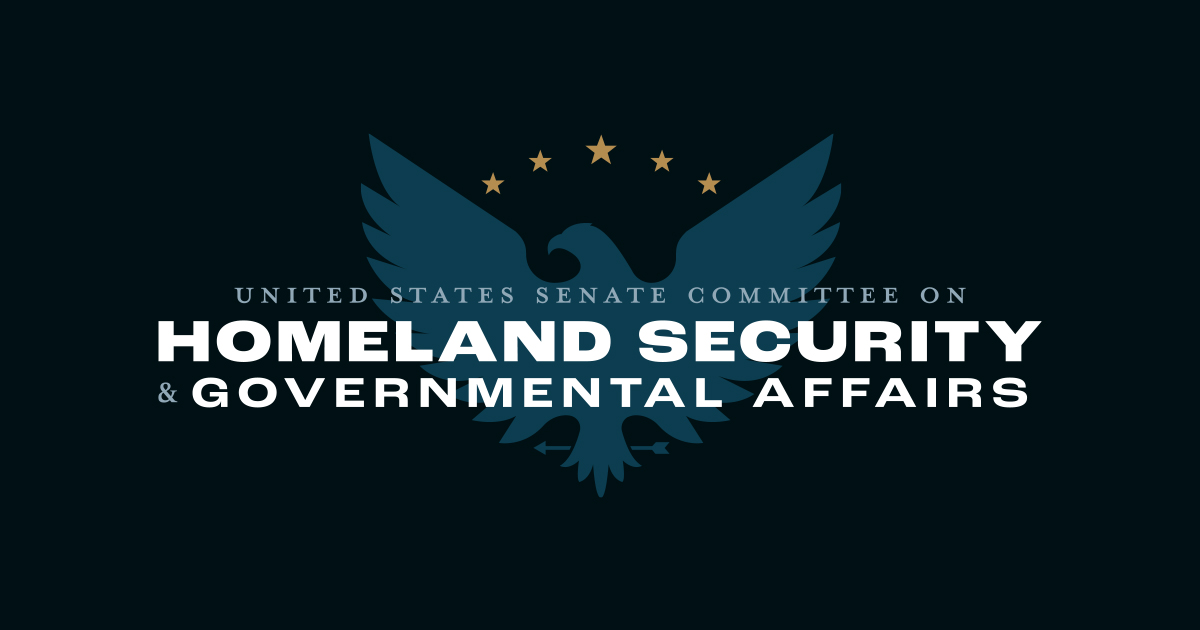Senator Rand Paul Unveils Damning Report on Secret Service Missteps in Assassination Attempt on Trump

Senator Rand Paul Unveils Damning Report on Secret Service Missteps in Assassination Attempt on Trump
In a stunning revelation of systemic failures, U.S. Senator Rand Paul, who chairs the Senate Homeland Security and Governmental Affairs Committee, has released a comprehensive report highlighting critical lapses by the United States Secret Service (USSS) surrounding the attempted assassination of Donald J. Trump on July 13, 2024. This event, which unfolded at a campaign rally in Butler, Pennsylvania, exposed profound vulnerabilities and procedural shortcomings within one of America’s most critical security agencies.
The grim sequence of events began when a gunman, armed with a high-powered rifle, ascended the American Glass Research building overlooking the rally. From this vantage point, the assailant unleashed a barrage of bullets, striking three people, including Trump, and tragically ending the life of firefighter Corey Comperatore. Notably, a warning about the gunman, who was seen with a rangefinder, had reached the Secret Service at least 25 minutes before shots rang out, yet no preventive measures were taken. This glaring oversight is one of many highlighted in the report.
Following the attack, a joint-bipartisan investigation was swiftly initiated by the Senate Committee on Homeland Security and Governmental Affairs, alongside the Permanent Subcommittee on Investigations (PSI). Over the course of more than a year, the Committee conducted 17 detailed interviews with Secret Service personnel and painstakingly reviewed upwards of 75,000 pages of documents sourced from various law enforcement entities. The investigation culminated in a preliminary report released in September 2024, but Senator Paul's final report builds significantly on those initial findings, introducing new evidence that paints a bleak picture of the agency’s internal operations.
Senator Paul did not mince words when addressing the report’s findings. "What happened in Butler, Pennsylvania, was not just a tragedy—it was a scandal," he declared, underscoring the gravity of the situation. He criticized the Secret Service for its failure to act on credible intelligence and its inability to coordinate effectively with local law enforcement, which could have preempted the attack. Paul lamented the lack of accountability, highlighting that despite these egregious failures, only six personnel had been suspended and disciplinary actions were minimal and only uncovered through a subpoena. He called for urgent reforms to prevent such a security breakdown from recurring.
The Committee's investigation revealed a disturbing pattern of systemic negligence, including communication failures, mismanagement, and an alarming disregard for clear warning signs. These issues were compounded by a bureaucratic culture that seemed indifferent to the clear and present danger posed by the assailant. The report also details the Secret Service's subsequent policy changes in response to the Committee's findings, which are detailed in an addendum accompanying the report. These changes aim to rectify the procedural deficiencies that allowed the attack to occur.
The released documents include a plethora of subpoenaed records and transcripts of interviews, offering a transparent glimpse into the agency's inner workings during the 118th Congress. These records not only reflect the leadership dynamics at the time but also provide insights into the decision-making processes that failed to prevent the attack.
As the nation digests the implications of this report, the broader question remains: How can the United States ensure the safety of its leaders in an era where threats are ever-evolving? The answers may lie in the comprehensive reforms and accountability measures that Senator Paul and his committee are now advocating for, in the hopes of safeguarding future leaders and restoring trust in the institutions tasked with their protection.
🔮 Fortellr Predicts
Confidence: 85%
The release of Senator Rand Paul’s report on Secret Service failures is expected to trigger a series of political, systemic, and market reactions. Initially, there will be significant political discourse, with bipartisan calls for reform within the Secret Service and a reevaluation of security protocols for high-profile political figures. This political pressure is likely to result in congressional hearings and the potential for legislative proposals aimed at overhauling the agency's operational procedures. On the systemic front, the Secret Service will likely initiate internal reviews and policy revisions to address the highlighted failures, prioritizing the reinforcement of communication channels and the integration of advanced security technologies like counter-drone systems. The broader defense and security industry will see an opportunity for increased contracts and investments as the government seeks to rectify the identified technological and manpower deficiencies. Economically, markets may initially react with volatility due to heightened political risk, impacting sectors closely linked to government contracts and political stability. Public sentiment, fueled by media coverage and social media discussions, will demand accountability and swift action, influencing congressional leaders to expedite reform measures. As these developments unfold, potential escalation of security threats, if not managed promptly, could exacerbate public anxiety, necessitating swift governmental responses to restore trust and ensure leader safety.